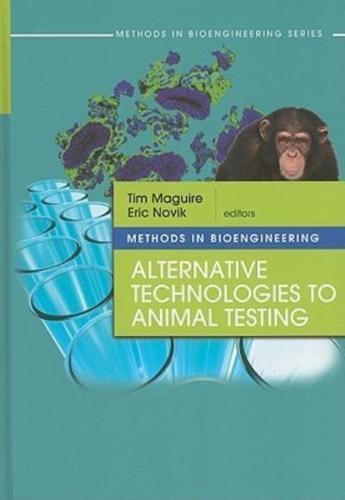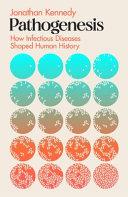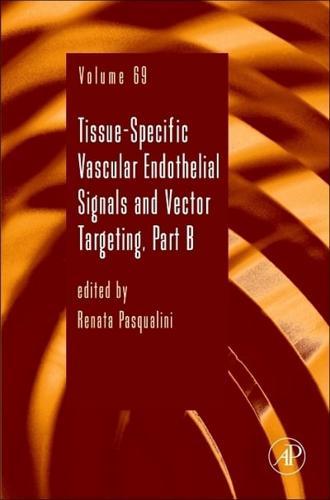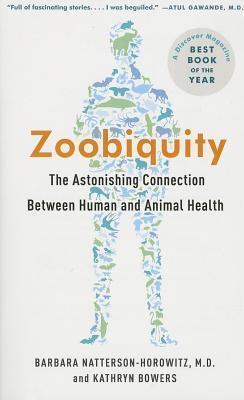Life Sciences , Special Topic
Methods in Bioengineering
Artech House Methods in Bioengineering Series Series editors in chief Martin L. Yarmush, Massachusetts General Hospital/Harvard Medical School, and Robert S. Langer, Harvard-MIT Division of Health Science and Technology Written and edited by recognized experts in the field, the Artech House Methods in Bioengineering Series offers detailed guidance on innovative methods for addressing specific bioengineering laboratory challenges. Offering highly practical and fully illustrated presentations of each topic, these books provide research engineers, scientists, and students with step-by-step procedures, clear examples, and effective ways to overcome problems that may be encountered. Providing alternatives to animal testing is one of the hottest topics in biomedical research, and this groundbreaking volume addresses this critical issue head on. This unique book presents techniques and methods at the forefront of scientific research that have the potential to replace certain whole animal tests. Moreover, this book provides a platform where other widely accepted techniques and scientific advancements can be collated into a concise set of methods that can be implemented within both academic and industrial communities. Professionals and researchers find guidance in critical methods, including: -Prediction of human hepatic clearance using in vitro intrinsic clearance; -Approaches towards a multiscale model of systemic inflammation in humans; -A liposome assay for evaluating the ocular toxicity of chemicals; -The application of the benchmark approach in the correlation of in vitro and in vivo data in developmental toxicity; -A 3D model of the human epithelial airway barrier; -Experimental wear assessment of tibial inserts for total knee replacement. Tim Maguire works at a startup company, where he is pursuing the creation of in vitro drug screening systems, integrating optimized human hepatocyte cultures with microfluidic systems. He holds a B.S. in a chemical engineering and a Ph.D. in biomedical engineering, both from Rutgers University. Eric Novik works at a startup company and is involved in all aspects of development and commercialization of patented microfluidic, cell-based platforms for use in drug discovery and development, consumer and industrial product testing, and related fields. He holds a B.S. and a Ph.D. in biomedical engineering from Rutgers University.
- Maguire, Tim
- Artech House Publishers
- 2010
- 283
- 9781608070114
Поткатегории











